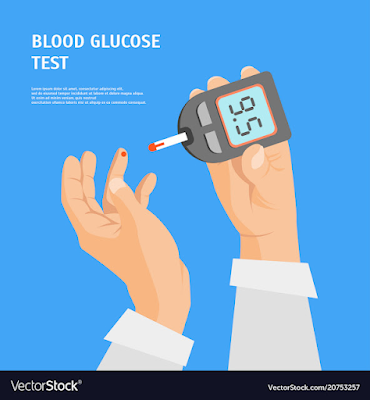For diabetics, there is a fine line between what is healthy and what is not. Many people with diabetes are constantly trying to make sure that they are eating the right foods and avoiding those that can make their blood sugar levels spike. However, some unhealthy foods can be beneficial for diabetics, if consumed in moderation. In this blog post, we will be discussing some of these “unhealthy” foods that are good for diabetics. We will discuss the benefits of these foods and how they can be used to help manage diabetes.
Sugar
For diabetics, it may seem counterintuitive to suggest that sugar can be part of a healthy diet. But the truth is that sugar can be part of a balanced diet when consumed in moderation. The American Diabetes Association recommends that diabetics limit their consumption of added sugars to no more than 10% of their daily caloric intake. Natural sugars found in fruits, vegetables, and dairy products are generally safe for diabetics to consume in moderate amounts. However, processed and refined sugars, like those found in candy, cakes, and soda should be avoided. Diabetics should be sure to monitor their blood sugar levels closely when consuming any type of sugar.
Trans Fats
However, there are a few healthier alternatives to trans fats that are still beneficial for those with diabetes. These alternatives include monounsaturated and polyunsaturated fats, which can be found in nuts, seeds, avocados, and olives. These types of fats help to lower cholesterol levels, reducing the risk of heart disease.
In addition, there are some trans-fat-free processed foods on the market that are specifically designed for diabetics. Examples of these include reduced-fat margarine, vegetable oil-based shortenings, and canola oil spreads. While these may not be considered “healthy” choices, they are much better than traditional trans fat-filled foods.
Finally, it is important to remember that while some trans fats may be beneficial for those with diabetes, too much of any kind of fat can still be unhealthy. So it is important to monitor your intake and make sure that you are getting an appropriate amount of healthy fats into your diet.

Saturated Fats
Diabetics should choose lean cuts of meats and low-fat dairy products to ensure that their intake of saturated fats is moderate. It is also important to limit processed foods which often contain large amounts of saturated fats. Research suggests that consuming up to 10% of total calories from saturated fat can improve glycemic control.
Overall, diabetics need to have a balanced diet that includes a moderate amount of saturated fat. This will help ensure blood sugar levels are well managed and provide essential nutrients to the body.
Refined Carbs
Many people believe that refined carbs such as white bread and white pasta should be avoided by diabetics. However, this is not always the case. Refined carbs can provide some benefits for diabetics.
Despite this, refined carbs can still be consumed in moderation by diabetics. This is because they provide fast-acting carbohydrates that can help with energy and blood sugar control. Eating a balanced meal containing refined carbs can help prevent extreme spikes and dips in blood sugar levels. Furthermore, refined carbs are often enriched with B vitamins and iron, which can help support overall health.
Overall, while refined carbs should be consumed in moderation, they do have their place in a diabetic diet. Eating them as part of a balanced meal can help promote energy levels and maintain healthy blood sugar levels.
Alcohol
Many people with diabetes are often advised to avoid alcohol altogether. While it is true that too much alcohol can have detrimental effects on your health, there is research that suggests moderate amounts of alcohol can be beneficial for diabetics. It is important to note that any amount of alcohol should be consumed in moderation and with the advice of your healthcare provider.
When drinking alcohol, it is best to stick to light beer or wine over other alcoholic drinks due to their lower sugar content. If you do decide to consume alcohol, you should be aware that it can increase your appetite so it’s important to choose healthier snack options when drinking.
Overall, the decision to drink or not drink should be discussed with your healthcare provider who can provide individualized advice and guidance.




0 Comments